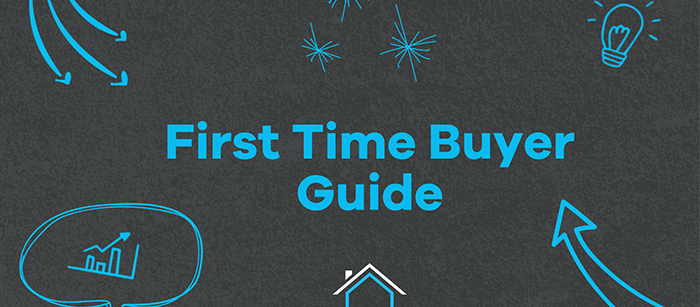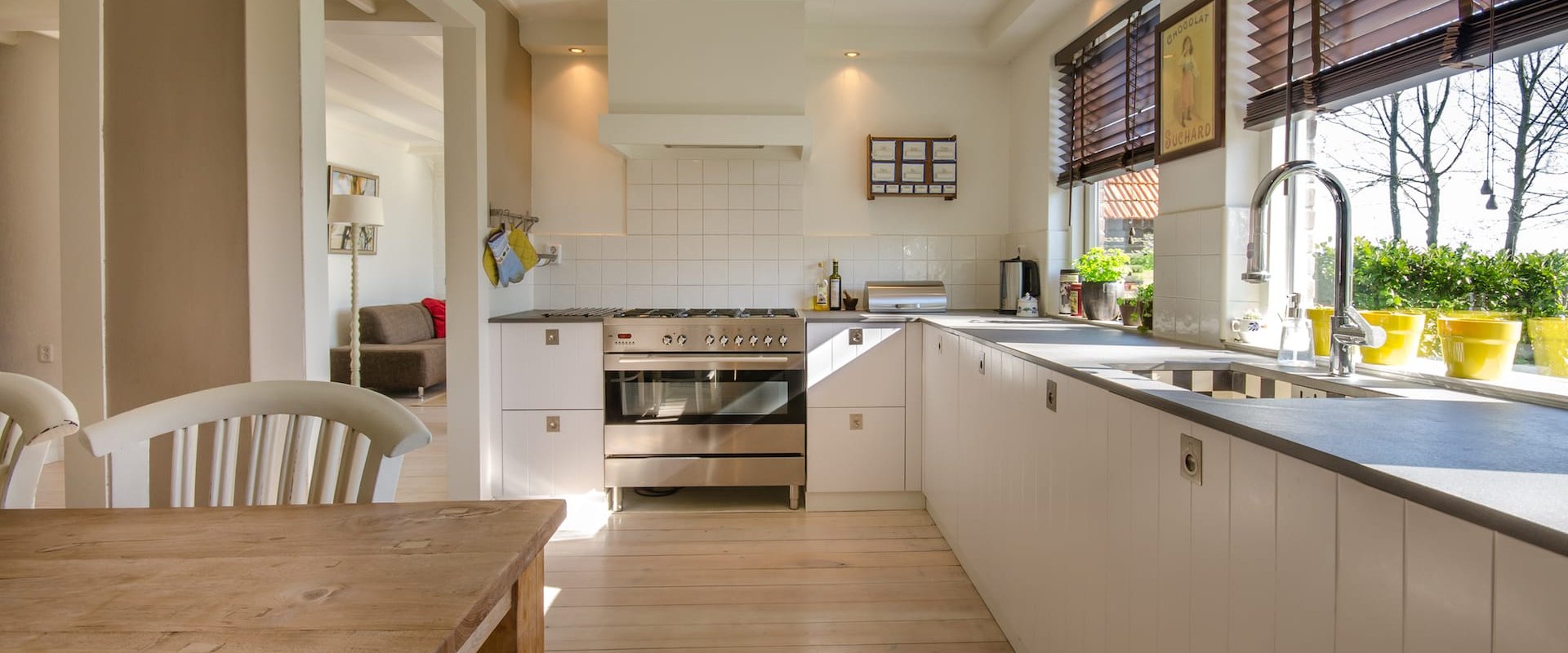
For a first-time home buyer, the experience of purchasing a dream home is super-exciting, However, it can be super strenuous as well if you do not tick the right boxes along the way. Remember, buying your first home will probably be the biggest purchase of your life. Take your time and research the market before you dive headlong into your home buying project.
Currently, the housing market is not going up as fast as it was a couple of years ago but there is still a lot of jostling among buyers to get nice homes. Moreover, year-on-year, interest rates are much higher than they were during the pandemic and this lowers your purchasing power.
But wait! Do curb your urge as a first-home buyer to rush into a deal before things get worse. It is worth the wait to get things right as a real estate transaction is quite complicated. You must get all things correct if you do not want to face any legal issues in the future.
Here is a list of points that will make your home-buying experience seamless and will not be a burden on you. This guide will also divide your home-buying journey into specific sections that need to be followed one after another.
But first, take a moment to learn even more by watching the video below…
Key Takeaways
- Doing the Groundwork for Buying Your First Property
- Choosing New Homes for First-Time Buyers
- First-Time Buyer Eligibility and Mortgage Rates
- Sealing A Real Estate Deal
1. Doing the Groundwork For Buying Your First Property
The first stage is very crucial as upon it rests how smooth your journey to buying a house for the first time.
Evaluate your current debt
The first thing that lenders will assess is whether you can handle the extra debt of a mortgage in addition to your existing debts. Lenders use the metric DTI (debt-to-income) ratio to estimate your debt-handling capability.
Typically, your total monthly debt, including the estimated mortgage payment should not be more than 36% of your gross monthly income. As per the guidelines of the Consumer Financial Protection Bureau, anything below a 43% DTI ratio will get you a qualified mortgage since it is considered safe for lenders.
So, how do you get your current debt under control before you start looking for a house and begin your mortgage application process?
- Credit cards: Bring down your credit card dues to no more than 30% of your sanctioned limits. Constant high credit card dues are a signal that your card is not being used responsibly.
- Installment loans: Either pay off or significantly lower your installment loans outstanding like auto loans to ease your monthly payments.
- Student loans: Such loans cannot be easily closed because of large amounts but once you lower credit card dues and installment debt, there will be more leeway to pay mortgage and student loans.
The more debt you clear the less stress will you face after becoming a first-time homeowner.
Have a reserve balance in your bank
Your existing home budget will change when you buy a new home. You must plan for property taxes, homeowners’ insurance, and maintenance as well as increased utility bills and emergency repairs. Have an extra reserve balance in your bank to cover these expenses.
Many mortgage lenders insist that you have two months’ reserve in your bank. But even if it is not so, it is not a bad idea to have a couple of months’ worth of expenses as a cushion.
Save for a down payment
Aim for an all-cash offer as a down payment and save for it. A 20% down payment is ideal to get an affordable mortgage. If this is out of reach, a 5 to 10 percent down payment is acceptable too.
You may also qualify for down payment assistance programs to help buy a first home. These programs can be had at the local, regional, or national level and help cover closing costs or down payment.
However, borrowers below a specific income level and home loan limit can only get this first-time home buyer down payment assistance. Most of these programs are paired with state housing finance agencies geared towards low-income first-time home buyers.
Get pre-approved for a mortgage
After you decide on a lender, get preapproved for a mortgage. Prepare all the paperwork like documentation of your income and finances so that the process runs without a hitch.
There is a difference between prequalification and mortgage preapproval. In the first instance, you will get an approximate loan size. In preapproval, the lender will give you an official letter stating the exact loan amount that will be sanctioned to you.
Pre approvals usually have a 90-day tenure within which time you can get your finances in order and search for a suitable home.

2. Choosing New Homes For First-Time Buyers
After you get your preapproval and know your purchasing power, you can start looking for the type of home you want and its location. Here is how you go about deciding on your dream home.
Type of home
Broadly, as a first-time homeowner, there are four choices before you, depending on your preapproved mortgage loan.
- Single-family homes: These homes are stand-alone houses and are not attached to any other homes.
- Duplexes: These houses are two homes in a building with separate entrances. Both share a common single wall if constructed side-by-side or a floor or ceiling if the structure is a two-story one.
- Condominiums: These are several privately owned units in a large building. Buyers have ownership rights over the interior units but not the exterior of the building and the amenities provided. Owners of the units share common spaces such as parking, gardens, pools, and hallways. They have to pay fixed monthly fees for maintenance of the shared areas and amenities.
- Townhomes: These are multi-story dwelling units that are built side-by-side where a homeowner owns both the exterior and the interior of the units. There will be one or two shared walls with other units and owners must pay monthly fees for any shared amenities.
While finalizing the type of home you want, think of the space you need and the cost of each type of home. Consider too the monthly charges payable on some types of houses. For example, if your preference is a single-family home but it stretches your budget, try condos or townhomes with similar square footage at a lower cost-plus maintenance fee.
Work out then what meets your first-time home buyer requirements the best.
Research your preferred location
After you have decided on the type of house to live in, start researching your favorite neighborhood. Features that should be uppermost in your mind are as follows.
- Distance from amenities: When amenities like public transport, playgrounds, grocery stores, and shopping malls are within walking distance, you will save a lot on car trips.
- Schools: If you have school-going children, proximity to top-rated schools is preferable though this feature might have an impact on home prices.
- Property taxes: Various neighborhoods have different property tax structures. Contact your real estate agent for more information in this regard.
- Parking: If you have considered a home without dedicated parking, check out street parking in the area. Focus on weekends and nights when more residents are likely to be parked there.
Visit the area several times at different hours before buying a home to get an idea of what the living experience there is likely to be.
3. First-time Buyer Eligibility and Mortgage Rates
We will now come to the financial side of buying a house for the first time.
Mortgage rates to choose from
Many first-time home buyers prefer to pay a small down payment only but that can cost thousands of dollars in the long run. This act will only benefit your lender.
Let us look at the types of mortgages that you should avoid when you are buying a house for the first time.
- Adjustable-Rate Mortgage (ARMs): ARMs have a lower initial interest rate to start with but then raise the rate, leading to a rise in mortgage payments.
- Federal Housing Administration (FHA)loans: For a first-time buyer with a low credit score, FHA loans appear to be a good option with a 3.5% down payment. But then, there is a 1.75% mortgage insurance premium payable upfront, an annual premium of 0.15%, and often 0.75% during the tenure of the loan. All these extras put together can come to a substantial amount.
- Veteran Affairs (VA) loans: Veterans can avail of VA loans and buy homes with no down payment. However, the interest rates are quite high and include fees of 3.3% of the cost of the house.
- Down Payment Assistance (DPA) Loans: Some cities and states offer low-income first-time home buyers with low-or-no-interest loans. But then, you will be stuck with a house you cannot afford with little or no equity. This situation will make selling your home quite difficult if you choose to do so at any time.
All these first-time home buyer’s loans have additional costs that do not allow you to pay off your mortgage easily. Hence, the best first-time buyer mortgage rate is the 15-year fixed-rate conventional loan.
This loan is amortized over 15 years and the interest rates and the monthly payments remain constant during the tenure of the loan. This mortgage loan has all the features of a 30-year fixed-rate mortgage loan but is closed faster, freeing up your house of monthly payments.
4. Sealing A Real Estate Deal
Now you are in the final stages of getting your dream home as a first-time home buyer.
Contact a real estate agent
After you have the financing issues out of the way and a pre-approved letter in hand, hire a real estate agent to find a property as per your requirements. An agent knows the local conditions and whether a home you like is priced right. Your agent will also guide you on whether there are any issues with a home or the neighborhood that you are not aware of.
As a buyer, it will not cost you anything to work with a real estate agent as the commission is usually paid by the seller unless you are willing to split it. Even if you see the home of your dreams, your agent will negotiate with the seller to get you a fair deal.
Drawing up a contract
While your real estate agent will take care of all the formalities and negotiations, you should know what it takes to seal the deal.
When you have an offer, ensure that you have the leeway to walk away from it. Reasons might range from a home inspection throwing up costly issues or your mortgage approval falling through. All these points will be put in a contract known as the purchase and sale agreement to be signed by you and the seller.
If there is any problem with the home, get estimates from contractors in the area for upgrades or repairs. Research these expenses and ask the seller to adjust them from the sale price. Always have the work done and move in to avoid any nasty surprises later before you close the deal.
These are some of the areas to focus on if you are buying a house for the first time.
If you are a first-time homeowner, contact us at Just Livin’ Realty. We make the process easy for you, negotiating and doing all the formalities while you carry on with your usual routine.


![You MUST Know This When Buying A House In Colorado For The First Time [MONEY SAVING TIPS]](https://i.ytimg.com/vi/WSC2dmDuz-A/maxresdefault.jpg)